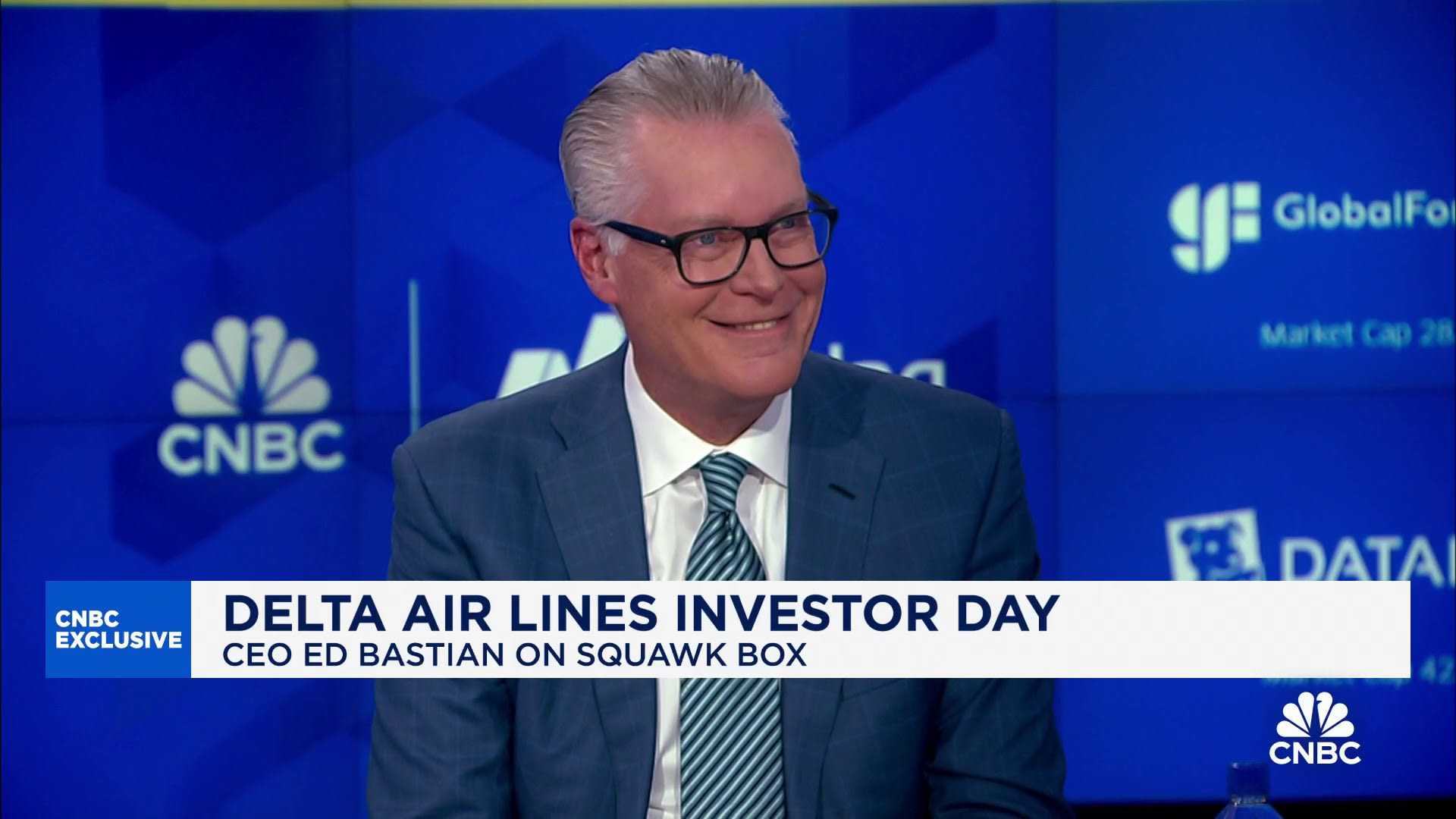Business
Delta Air Lines Reports Record 2024 Earnings, Projects Strong 2025

Delta Air Lines (NYSE: DAL) announced its financial results for the December quarter and full year 2024 on January 10, 2025, projecting a record-breaking 2025. The airline reported strong operational and financial performance, with CEO Ed Bastian highlighting the company’s resilience and differentiation in the industry.
For 2024, Delta achieved significant milestones, including $1.4 billion in profit-sharing payments to employees. Bastian emphasized the airline’s focus on premium products and experiences, which have driven consumer demand. “2024 was a great year for Delta with our results reflecting differentiation from the industry and increased durability,” Bastian said. “Sharing Delta’s success is core to our culture.”
Looking ahead to 2025, Delta anticipates pre-tax income exceeding $6 billion, earnings per share above $7.35, and free cash flow of more than $4 billion. The airline expects strong travel demand to continue, bolstered by its premium offerings and operational efficiency.
In the December quarter, Delta reported a 9% increase in revenue to $15.6 billion, though profit fell 59% to $843 million due to rising expenses, including a 7% increase in payroll costs. Adjusted earnings per share for the quarter were $1.85, surpassing analyst expectations.
Delta’s premium seat revenue rose 8% to $5.2 billion in the fourth quarter, outpacing main cabin ticket revenue growth of 2%. The airline’s partnership with American Express also contributed $2 billion in revenue, a 14% increase from the previous year.
Shares of Delta rose more than 6% in premarket trading following the earnings announcement. The airline’s stock has gained over 45% in the past year, reflecting investor confidence in its strategy and performance.
A live webcast of Delta’s financial results is available on the company’s investor relations website. The airline remains optimistic about its prospects, with Bastian stating, “We feel quite good coming into the new year. Everywhere, we see consumers continue to prioritize experience over goods.”












